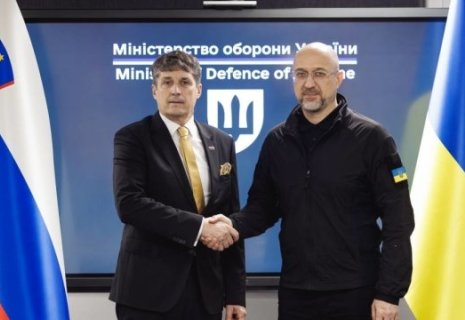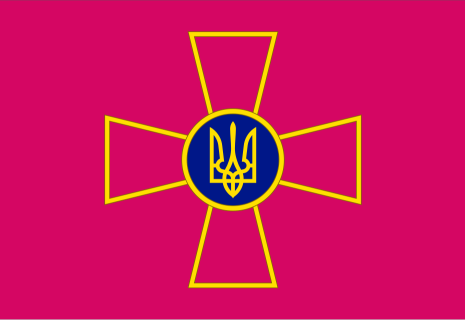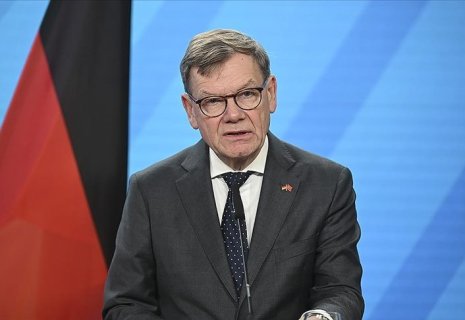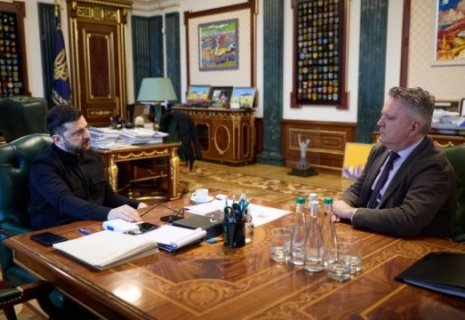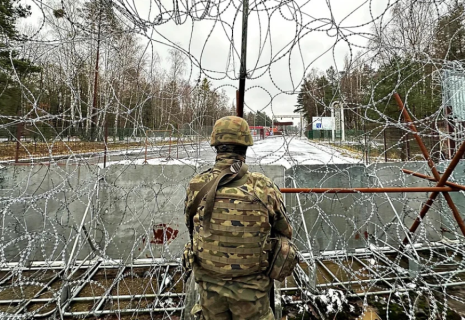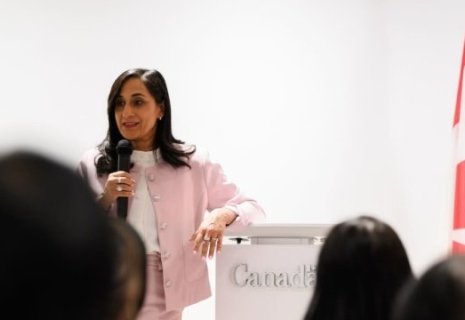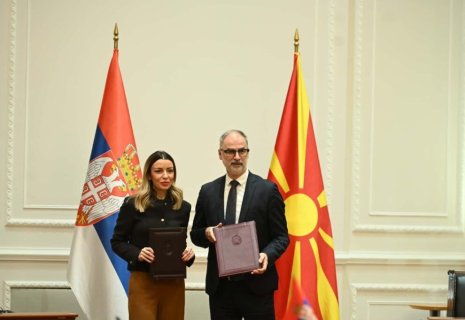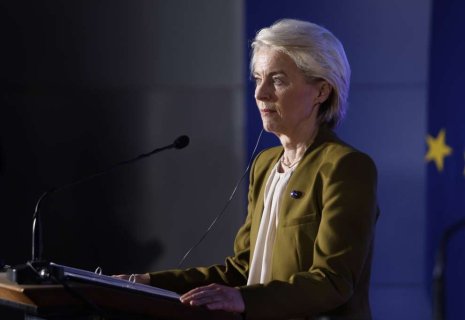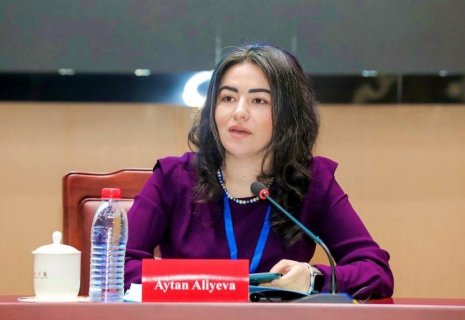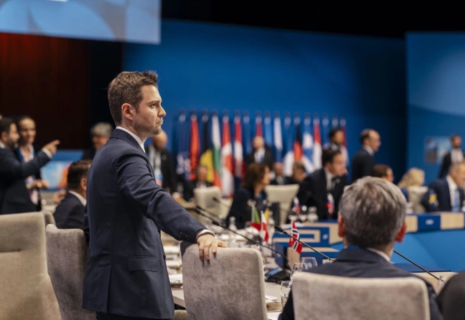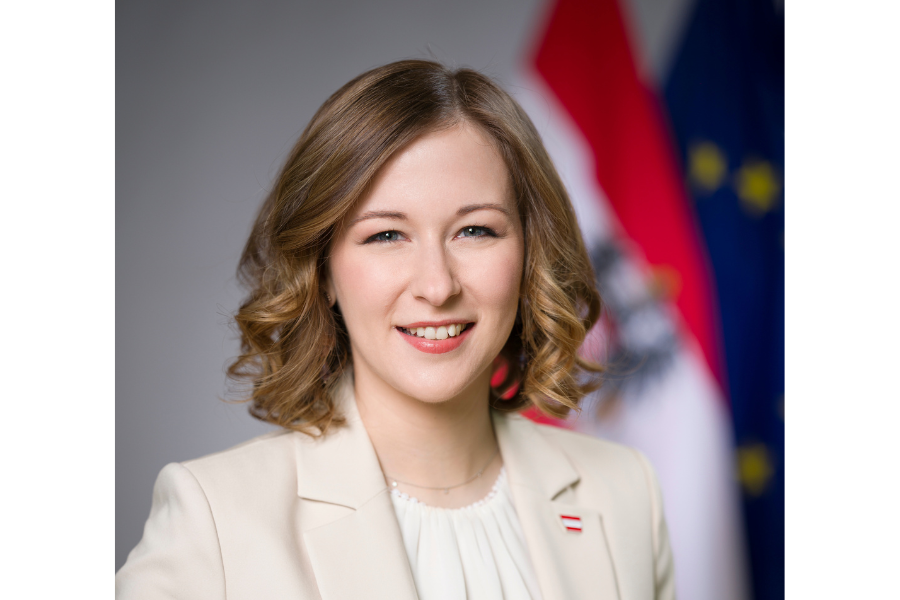
Austria outlines concrete steps for Bosnia’s EU accession - EXCLUSIVE
CE Report presents an exclusive interview conducted via email with Lisa Neuhauser, Press Spokesperson for Federal Minister Claudia Plakolm in the Ministry for Europe, Integration and Family, shedding light on Austria’s approach to Bosnia and Herzegovina’s EU accession process and the priorities of Minister Plakolm’s upcoming visit.
What specific reform laws will Minister Plakolm be advocating for during her visit to Bosnia and Herzegovina?
Minister Claudia Plakolm will focus on the importance of tangible progress in key reform areas that are essential for Bosnia and Herzegovina’s EU path including rule of law of public administration reform. She will also underline Austria’s strong support for a merit-based and less bureaucratic accession process, where progress is recognized on the basis of concrete results rather than political circumstances.
What role does Austria intend to play in supporting Bosnia and Herzegovina’s EU accession process?
Austria is and will remain one of the strongest advocates of EU enlargement in the Western Balkans.
Minister Plakolm will reiterate Austria’s commitment to:
- Supporting gradual integration on the way to full EU membership – for instance, in areas such as transport, infrastructure, and energy, building on the success of SEPA and the upcoming end of roaming charges.
- Promoting a reduction of bureaucracy within the enlargement process, including greater use of qualified majority voting for technical steps, so that candidates who deliver on reforms can move forward more quickly.
- Ensuring that the sovereignty and territorial integrity of Bosnia and Herzegovina are respected and protected against destabilizing influences.
Will Austria propose any new bilateral initiatives in the areas of youth, integration, or social policy during the visit?
Austria always aims to strengthen people-to-people ties, create new opportunities for young people in the region, and promote social inclusion and civic engagement, not least because Austria is home to about 170,000 people with roots in Bosnia and Herzegovina. These initiatives are part of Austria’s broader goal to ensure that young people see their future in their home countries and in a common European space, rather than abroad.
How does Minister Plakolm assess the readiness of Bosnia and Herzegovina to begin EU accession negotiations following these reforms?
Minister Plakolm is optimistic that Bosnia and Herzegovina can take important next steps towards opening accession negotiations, provided that reform efforts continue in earnest. As she often emphasizes: “Both sides – the candidate countries and the EU – must do their homework.”
When the conditions are met, the European Union must also deliver on its commitments. A clear and consistent EU perspective is crucial to maintaining credibility and motivation for reform in the region.
In summary, Minister Plakolm’s message in Sarajevo is one of pragmatism and partnership: Austria stands firmly by Bosnia and Herzegovina’s side and will continue to call for a faster, fairer and more credible enlargement process, for gradual integration bringing real benefits to citizens, and for the European future of Bosnia and Herzegovina as part of a united and secure Europe.
This interview was prepared by Julian Müller

